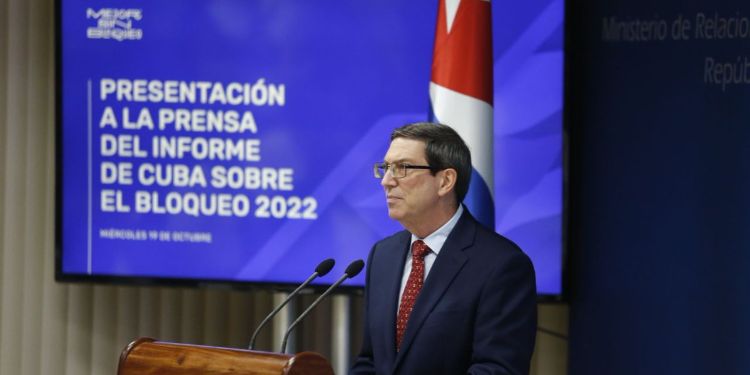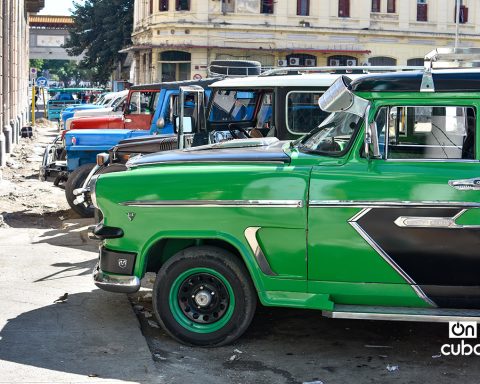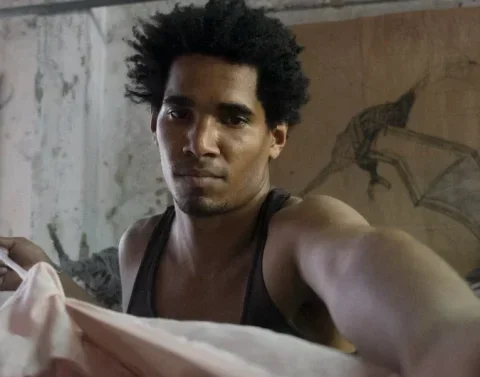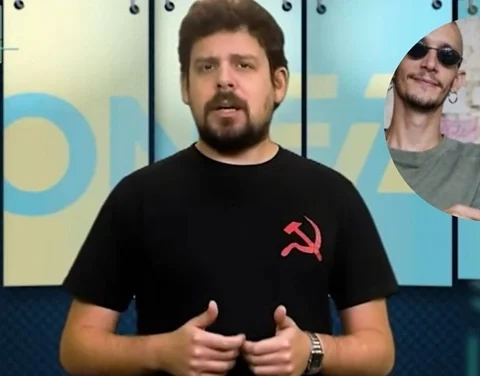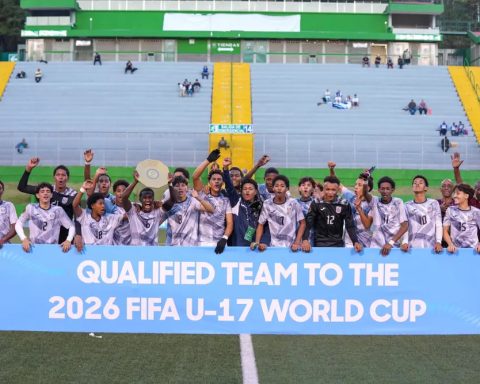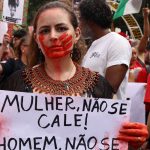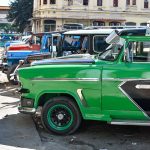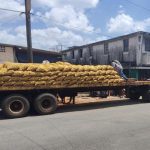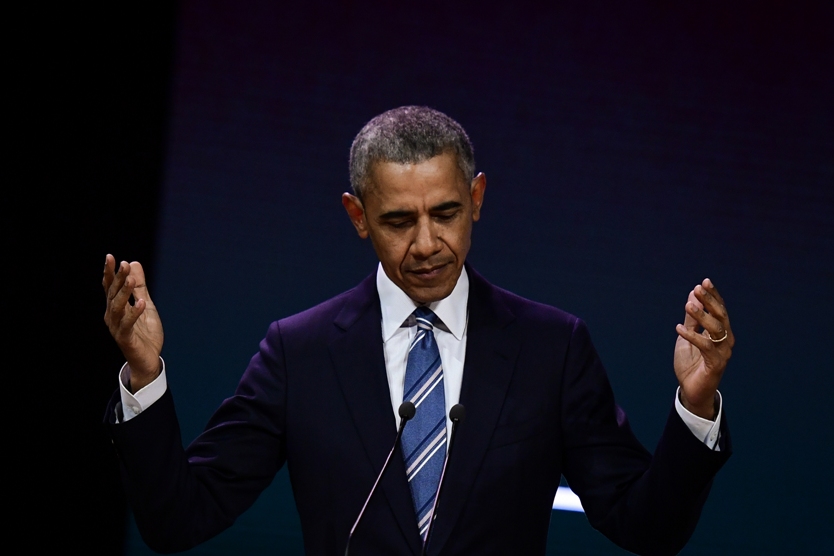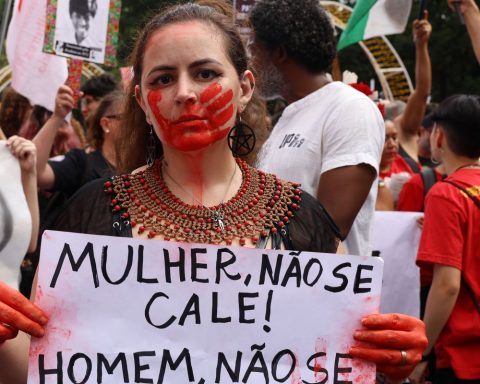Mexico City, Mexico. – The effects of the US embargo are for the Government and not for the Cuban people. Totalitarianism prevents citizen autonomy and criminalizes it in all its national legislation: it prohibits economic, social, cultural, legal and political autonomy, so that each sanction against the Cuban government becomes a new justification for its incompetence and repression.
Cuban citizens have been appendages of the dictatorship since 1968, when the last vestiges of private property in Cuba were eliminated. But since February 7, 1959, the Cuban Government had eliminated all the guarantees reached with the 1940 Constitution, guarantees that remain suspended until today. The few rights and guarantees that appear in the 2019 Constitution continue to be violated by the authorities, as denounced by citizens on social networks and in the independent Cuban press.
It is internationally known that the Cuban economic system of state centralized planning has impeded economic development and growth in the last 63 years. What the Cuban economy presents today is nothing more than the result of prohibiting private property, production and free trade outside the State to convert all Cuban entrepreneurs into appendages of the system. It is the internal blockade of the Government against all entrepreneurs and citizens that prevents food security, but also the development of all branches of the economy. 51% of the fertile land in Cuba is not cultivated and the Government imports 80% of the food. For 30 years, Cuba has been experiencing a food crisis.
The Helms-Burton Act codifies the embargo for the Government and the State, but it does not affect free entrepreneurs. The regime’s response has been to chain the private company to the “socialist” state company to use all residents of Cuba as hostages of its erratic economic policy.
For that reason, the almost 2,500 mypimes now allowed they remain handcuffed to the parasitic state that forces them to depend on and associate with state companies, subject to centralized planning and prohibitions on exporting and importing outside of it. Until September of this year, in Cuba there were 39 state companies to export and import. The Government is a parasite that steals the possibilities of production and trade in Cuba, hence the structural and humanitarian crisis that the country has dragged on since the 1990s, when it lost the $4 billion annual Soviet subsidyeither.
Foreign Minister Bruno Rodríguez focused the report that Cuba will present to the UN General Assembly in the alleged financial losses caused by the US embargo, but these figures are not verifiable. Despite the “hostility” of the neighbor to the north, the Cuban government boasts of having trade relations with 155 countries.
Indeed, the military consortium GAESA created in the 90s, which is not accountable to the Comptroller General of the Republic or the Cuban Parliament, suffered the first sanctions from former President Donald Trump. He was forced to close his company FINCIMEX, in charge of receiving remittances sent by Cubans from abroad; but it is necessary to point out that while it was operating, said company earned billions of dollars with the 10% levy it maintained on the dollar, in addition to confiscating all the currency.
These multimillion-dollar revenues were not invested in the development of the country, thanks to the opacity and discretion with which GAESA operates. However, the consortium’s net profits extend to stores in freely convertible currency (MLC), where basic necessities are taxed at 240%. In the last 30 years, how much has this military consortium earned, without investing it in industry or agriculture?
Contrary to expectations, the Cuban government opted for the development of international tourism, a fundamental sector of economic development on the island. Three decades later, however, the country’s tourism industry has not been consolidated, and for its operation it depends on the largest proportion of inputs outside the hotel industry.
According to Luis Carlos Góngora, director of International Relations and Foreign Trade of the Havana regime, other state and private companies will from now on be providers of tourism for the multiple solutions in terms of food, information technology, repair and maintenance of facilities and equipment, insurance of uniforms and lingerie, toiletries and cleaning supplies; as well as in the use of laundry services, decoration, gardening, etc.
Another source of income for the state economy has been the export of professional services, especially medical, to 60 countries. However, the terms of employment, wages and working conditions have been condemned by the UN and international NGOs as forced labor or modern slavery.
More than 75% of the salary of Cuban doctors who carry out missions is confiscated by the State. Where have the billions of dollars and euros raised for this concept gone? The health system in Cuba continues to collapse, the hospitals dilapidated and dirty, without medicines, without medical supplies, without ambulances, as citizens report on social networks.
The alleged losses caused by the embargo and denounced by Foreign Minister Bruno Rodríguez are speculative figures about what Cuba would have received if the regime had had investments and million-dollar sales from the US, in addition to access to soft loans; ideal trade conditions that the Cuban government has not achieved with any Western country. The large external debt with the Paris Club and other countries confirm the absence of production and the few exports that Cuba can afford, due to its obsolete and failed economic system.
If Cuban citizens could count the opportunities for progress lost during the last 50 years due to centralized planning and absolute state control, the figures could be higher than those released by Foreign Minister Bruno Rodríguez in his presentation of the report on the impacts of the US embargo. The recent report of the Cuban Observatory of Human Rights (OCDH) corroborates it: more than 72% of Cubans live below the poverty line.
OPINION ARTICLE
The opinions expressed in this article are the sole responsibility of the issuer and do not necessarily represent the opinion of CubaNet.
Receive information from CubaNet on your cell phone through WhatsApp. Send us a message with the word “CUBA” on the phone +525545038831, You can also subscribe to our electronic newsletter by giving click here.
